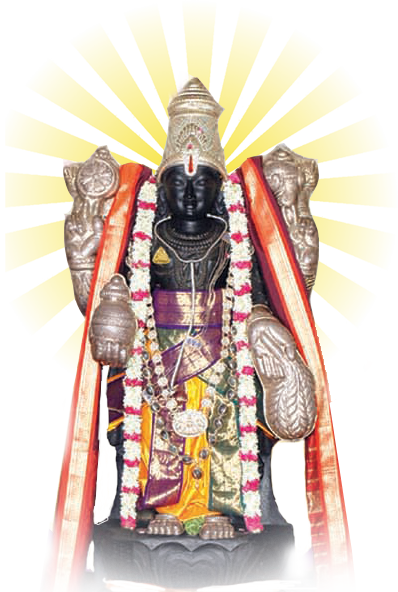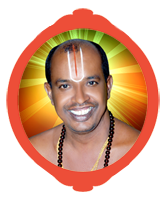Hinduism has a very ancient and continuing tradition in the form of mantras. Mantras are the heart and soul of Hindu ritual tradition. What is a mantra? A mantra is sacred sound in the form of a syllable, word, prayer, phrase or hymn, usually in Sanskrit. Their use varies according to the school and philosophy associated with the mantra. They are primarily used as spiritual conduits, magical chants or vibrations that produced a desired result either in the mind and body or in the life of an individual.
Some mantras are used to invoke gods, seek protection against enemies and evil powers or inflict harm upon others. They are used extensively in Vedic rituals and Hindu religious ceremonies to appease gods and secure their support to accumulate wealth, conceive children, earn name and fame, invite peace, or achieve victory against enemies and adversity. The tradition of using mantras is not unique to Hinduism. Several prehistoric and historic traditions, including that of Egyptians, Greeks. Mayans and Zoroastrians used magical chants to communicate with gods and obtain boons and supernatural powers. Prayers and chants were used by them to cure diseases, ward off evil influences and invoke deities and ancestral spirits.
Therefore, we cannot say that the mantra tradition originated in India or it was unique to Hinduism. However, we can say that the word mantra and the concept of mantra as a sound power moved by the mind power is unique to Hinduism. Also, no other religion used mantras as extensively as Hinduism. For a very long time, the Vedic education was centered around learing and remembering long hymns from the Vedas which were then used in the performance of the rituals. While many ancient religions that used magical chants became extinct, Hinduism carried forward the tradition. Mantras are also used traditionally in Jainism and Buddhism. We have reasons to believe that the use of chants in rituals was a prehistoric tradition which continues in many tribal communities even today.
The word mantra is a Sanskrit word consisting of the root man- "manas or mind" and the suffix -tra meaning, tool, hence a literal translation would be "mind tool". Mantras are interpreted to be effective as sound (vibration), to the effect that great emphasis is put on correct pronunciation (resulting in an early development of a science of phonetics in India). They are intended to deliver the mind from illusion and material inclinations. Chanting is the process of repeating a mantra.
We also conduct Mantra class. Please contact us.




